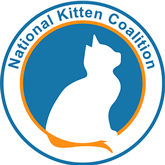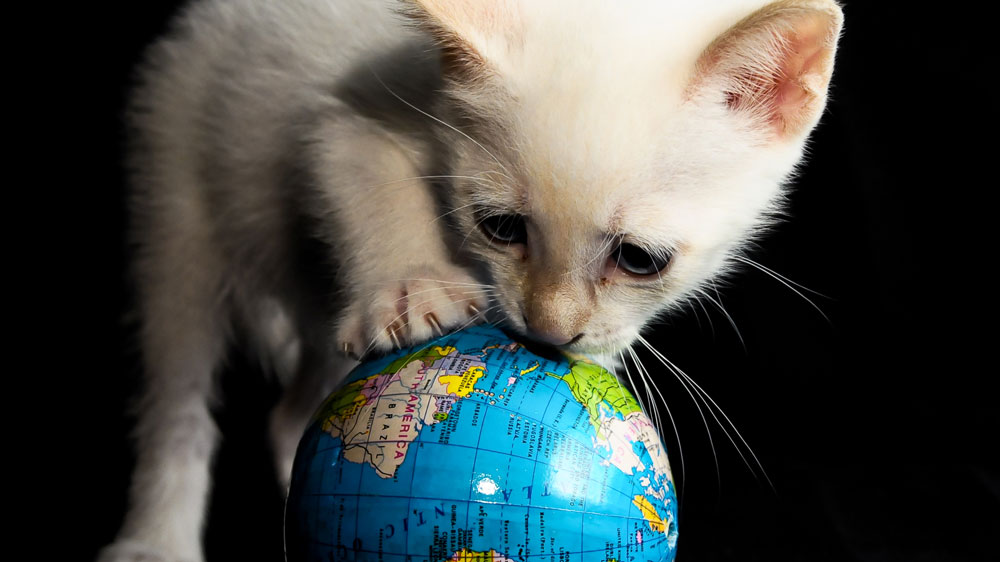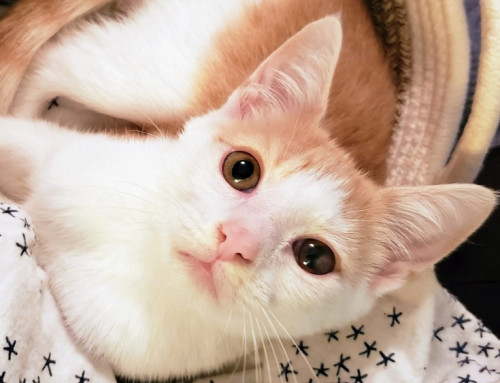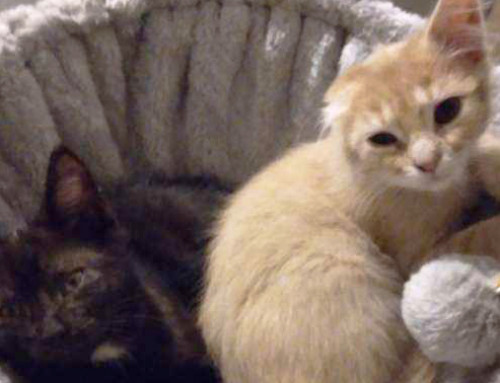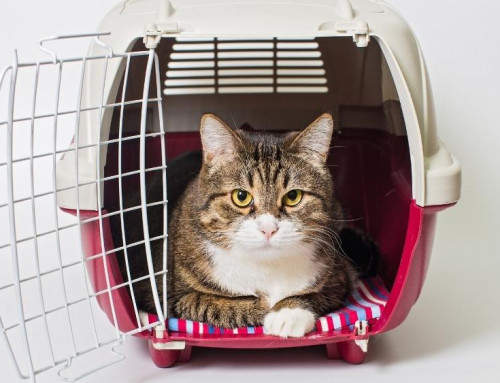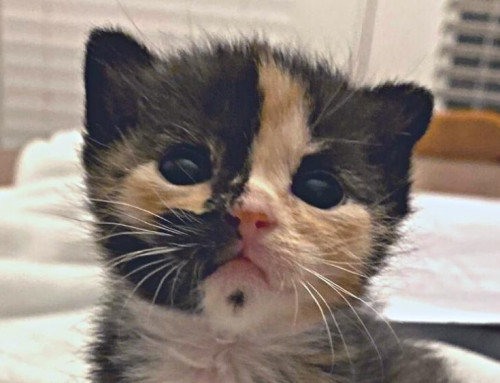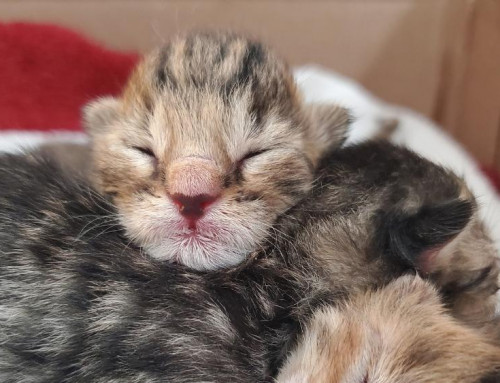
Vicky Halls
As part of International Cat Care’s (ICC) Cat Advocacy team, Vicky Halls works specifically on projects relating to the welfare of unowned cats throughout the world. That’s a big job! She’s a registered veterinary nurse and clinical animal behaviorist, having spent over 23 years specializing in cats. Vicky lectures all over the world on cat behavior to veterinary and lay audiences, is the author of seven best-selling books on cats and peer-reviewed papers for scientific journals and co-author of veterinary textbooks. The National Kitten Coalition (NKC) thinks you’ll enjoy learning from Vicky about ICC’s history and important work.
Over the last few months, I had the opportunity to get to know Nancy Peterson, NKC board member and former Community Cats Program Manager for The Humane Society of the United States. We’ve talked about kitten socialisation, and it’s been a joy to speak with someone with such knowledge and compassion. ICC believes we can do the greatest work if we collaborate with each other; the opportunity to have this kind of conversation with Nancy and work in partnership with The NKC is a great privilege.
Initially established in 1958 as the Feline Advisory Bureau (FAB), a UK charity (nonprofit), International Cat Care exists because one woman, Joan Judd, cared enough about cats to question conventional wisdom in the veterinary field. Until that time, relatively little was known about cats.
When motorized vehicles replaced large work animals, veterinary medicine, pet food manufacture and other aspects of care were shifted to companion animals, primarily dogs. Feline medicine was greatly neglected and little research was carried out. Feline medicines were unavailable and canine medicines were administered to cats, often with disastrous results. Veterinary surgeons (veterinarians) interested in cat health were far and few between.
Joan believed that an organisation should be set up to deal with feline care and be a platform for the exchange of information and veterinary medical studies. During the next 28 years, the charity funded FAB Scholars to produce feline ‘specialists’ and more ‘cat-orientated’ veterinarians, as well as to investigate feline diseases and disseminate this information to veterinarians and their clients.
It wasn’t just in the investigation of feline diseases that FAB was ahead of its time; it also led the way on other health and welfare issues. As early as the 1960s, FAB was advising spaying and neutering at around 4 months of age, the same recommendations made now by other animal welfare organisations! Also in the 1960s, FAB was educating veterinary professionals on handling cats gently and not picking them up by the scruff. From its very early days, despite its close links with breeders, FAB was outspoken against the practice of breeding cats with inherited problems or for looks based on genetic abnormalities.
In the second part of the 1990s, FAB developed its first website; launched its veterinary division, the European Society of Feline Medicine (ESFM), which became the International Society of Feline Medicine (ISFM); and, together with the Association of American Feline Practitioners, created its veterinary publication, the Journal of Feline Medicine and Surgery. Claire Bessant, who had been editing the journal for several years, became ICC’s chief executive and continues in that role. In 2013, FAB was rebranded as International Cat Care (iCatCare), in light of its role in feline medicine and welfare around the world.
In 2020, the most challenging of years globally due to COVID, ICC’s small, but nimble staff presented its first virtual veterinary conference, which attracted 12,500 delegates (attendees) from 157 countries. Also in 2020, iCatCare launched Cat Friendly Solutions for Unowned Cats, the project dear to my heart that Claire and I first started planning in 2011. This project is receiving very positive feedback from many countries looking for accessible and practical cat information. We showcase other charities and organisations worldwide that work tirelessly to benefit cats. When it comes to kittens, of course we will reference The National Kitten Coalition.
What is iCatCare doing for kittens? Within the general advice section iCatCare has a wealth of practical advice on, for example, hand-rearing orphaned kittens, common kitten health issues, raising a litter of kittens with their mom and finding good homes. All of the articles are evidence-based and have been written by veterinarians or behaviourists who are experts in the physical health and mental wellbeing of cats. Information is regularly reviewed and updated to ensure the charity provides the best possible advice.
A big thank you to Nancy Peterson and the wonderful team at The National Kitten Coalition for letting me introduce you to International Cat Care!
Resources:
ICatCare website: https://icatcare.org
Kitten information: https://icatcare.org/?s=kittens
Cat Friendly Solutions for Unowned Cats: https://icatcare.org/unowned-cats/
